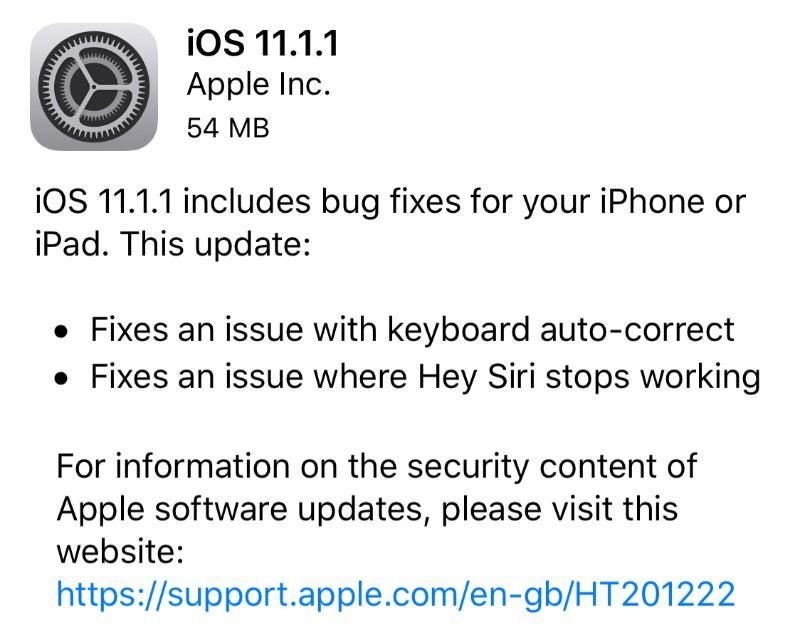Persistent Obstacles in Federal Student Loan Income-Driven Repayment Applications
The federal student loan income-driven repayment (IDR) system continues to grapple with significant operational challenges, causing widespread confusion and frustration among borrowers. Recently, one of the key loan servicers introduced a new hurdle by instructing certain borrowers to resubmit their IDR applications, even if they had already completed the process.
How Income-Driven Repayment Plans Work and Their Advantages
IDR plans aim to ease the financial burden of student loans by tailoring monthly payments based on a borrower’s income and family size. This umbrella includes programs such as Income-Contingent Repayment (ICR), Income-Based Repayment (IBR), Pay As you Earn (PAYE), and the newer SAVE plan. Thes options recalculate payment amounts annually using updated financial data.
Besides making payments more affordable, IDR plans often pave the way for eventual loan forgiveness. Typically, after 20 or 25 years of qualifying payments under an IDR plan, any remaining balance may be forgiven. For those working in government or nonprofit roles pursuing Public Service Loan forgiveness (PSLF), this forgiveness period can be shortened dramatically-to as few as 10 years-provided they remain enrolled in an eligible repayment program.
Legal Challenges Shaking Confidence in IDR Programs
The smooth functioning of IDR submission processing has been disrupted by ongoing legal disputes over recent program changes. A coalition of Republican-led states contested the Biden administration’s implementation of the SAVE plan last year, arguing it exceeded congressional authority granted decades ago for federal student loans. Consequently, a federal appeals court blocked SAVE’s rollout entirely last summer.
This injunction forced more than eight million borrowers enrolled in SAVE into forbearance status-pausing their progress toward reduced payments and forgiveness benefits-and cast uncertainty over the entire income-driven repayment framework.
The situation deteriorated further earlier this year when courts expanded restrictions on these programs.In response to compliance concerns with court orders, the Department of Education temporarily suspended all new IDR applications nationwide.
Consequences for Borrowers During Application Suspensions
- Borowers were unable to submit new applications or recertify existing ones during this freeze period.
- The suspension also blocked switching between different types of IDR plans or exiting SAVE-related forbearance status.
- This halt stalled progress toward both affordable monthly payments and long-term forgiveness eligibility for millions across America.
restarting application Processing Amid Backlogs
A lawsuit filed by educators’ unions compelled authorities to resume processing applications by late march 2025; however, full restoration was not achieved until early May.Despite reopening online access at StudentAid.gov, backlog issues persist: recent data reveals nearly two million unprocessed applications remain outstanding months later-a staggering figure that underscores systemic inefficiencies still plaguing servicers nationwide.
MOHELA’s Recent Directive: Who Must Reapply?
This month brought renewed confusion when MOHELA-a major Department of Education contractor servicing millions of loans-issued guidance advising certain applicants who submitted forms before April 27, 2025-especially those without verified income documentation at submission-to reapply through official channels for expedited handling.
“Thanks to system upgrades,” MOHELA announced,
“we can now quickly process verified-income submissions; prior incomplete files will be canceled automatically.”
No other servicer has issued similar instructions so far; moreover, MOHELA did not clarify why some borrowers who included income details might still need to resubmit-adding uncertainty about how widespread this issue is among its clientele.
A History Of Dialog Issues With MOHELA
This is not MOHELA’s first controversy: previously penalized under Biden administration oversight for inaccurate billing statements following pandemic pause resumptions; recently it sent misleading notices implying interest accrual during SAVE plan pauses-prompting public clarifications amid borrower complaints about confusing correspondence that significantly eroded trust levels.
Who Shoudl Consider Resubmitting Their Application?
- No action required: Borrowers applying after April 27 under IBR/ICR/PAYE should expect normal processing timelines with possible temporary administrative pauses counting toward PSLF credit accumulation;
- If you applied before April 27 without submitting proof of income: It is advisable you promptly reapply via StudentAid.gov since payment calculations cannot proceed without current financial data;
- If your pre-April application selected either SAVE or “lowest monthly payment” options: These choices remain suspended pending further updates-the loans stay in administrative hold status until resolution;
- If you submitted complete documentation but received notice from MOHELA suggesting reapplication: Contact customer service directly before taking action due to unclear reasons behind this suggestion-but note that reaching representatives may prove difficult given documented delays compared with other servicers nationwide;
Navigating Customer service Difficulties With Servicers like MOHELA
Bureaucratic obstacles continue complicating borrower experiences: investigations conducted earlier this year revealed that MOHELA exhibited longer wait times than any other federal loan servicer when responding via phone support channels-exacerbating frustrations among debtors seeking clarity amid evolving policies.
The Path Forward: Essential Information For Borrowers today
Federal student loan holders must stay alert regarding communications from their respective servicers while closely monitoring official Department announcements.
With ongoing litigation outcomes expected soon potentially altering program rules or timelines,
borrowers should keep detailed records
and consider consulting trusted financial advisors familiar with current regulations.
Despite setbacks affecting millions nationally,
income-driven repayment remains a vital tool enabling manageable debt relief tailored around individual circumstances.





